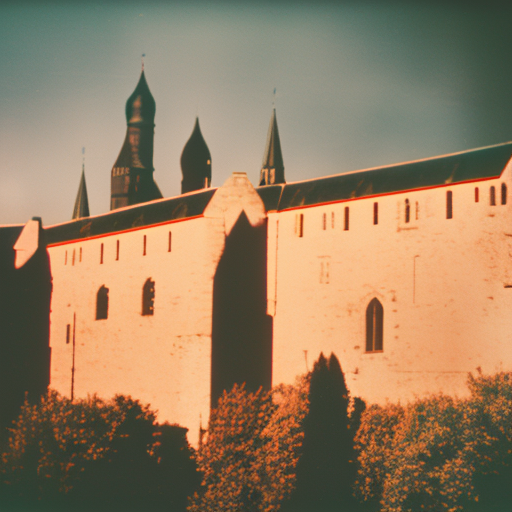Siege of Jülich: A Key Event in the Eighty Years’ War
The Siege of Jülich was a significant military event that took place during the Eighty Years’ War, a conflict between the Spanish Empire and the Dutch Republic. The siege occurred from July 23 to September 1, 1610, and resulted in the capture of the strategically important city of Jülich by Dutch and English forces.
Background
Jülich, located in present-day Germany, was a vital stronghold for the Spanish Empire due to its strategic position on the Rhine River. The city was controlled by the Spanish and was used as a base to launch military campaigns against the Dutch Republic. The Dutch, led by Prince Maurice of Nassau, recognized the importance of capturing Jülich to weaken Spanish influence in the region.
The Siege
In July 1610, Prince Maurice, along with his Dutch and English troops, laid siege to Jülich. The siege was meticulously planned, with the Dutch and English forces surrounding the city and cutting off its supply lines. The Spanish garrison inside Jülich, led by the Spanish governor Don Luis de Velasco, was determined to defend the city at all costs.
The besieging forces began bombarding the city with artillery, causing significant damage to the fortifications. The defenders, however, put up a fierce resistance, repelling several attempts by the Dutch and English to breach the walls. The siege turned into a protracted battle, with both sides suffering heavy casualties.
The Surrender
After weeks of intense fighting, the Spanish garrison inside Jülich began to run out of supplies and ammunition. The situation became increasingly desperate for the defenders, and they realized that further resistance would be futile. On September 1, 1610, the Spanish governor Don Luis de Velasco agreed to surrender the city to Prince Maurice.
The terms of surrender were relatively lenient, with the Spanish soldiers being allowed to leave the city unharmed. The Dutch and English forces took control of Jülich, securing a crucial victory in their ongoing struggle against the Spanish Empire.
Significance
The capture of Jülich was a significant achievement for the Dutch and English forces. It weakened Spanish control in the region and provided a boost to the morale of the Dutch Republic. The siege demonstrated the effectiveness of the Dutch military tactics, particularly in conducting sieges, which would be further refined in subsequent conflicts.
The Siege of Jülich also had wider implications for the balance of power in Europe. It highlighted the growing strength of the Dutch Republic and its ability to challenge the Spanish Empire. The Dutch Republic’s success in the siege encouraged other European powers to support the Dutch cause and contributed to the eventual recognition of the Dutch Republic as an independent nation.
Conclusion
The Siege of Jülich was a pivotal event in the Eighty Years’ War, marking a significant victory for the Dutch and English forces. The capture of Jülich weakened Spanish influence in the region and bolstered the morale of the Dutch Republic. The siege demonstrated the effectiveness of Dutch military tactics and had broader implications for the balance of power in Europe. Overall, the Siege of Jülich played a crucial role in shaping the outcome of the Eighty Years’ War and the subsequent history of Europe.












